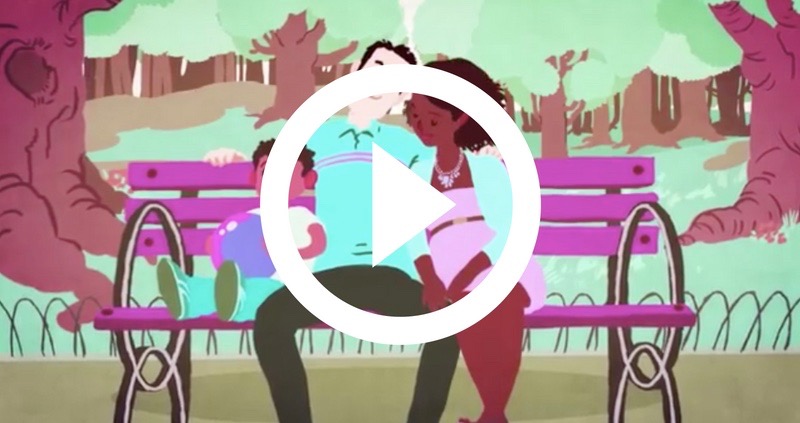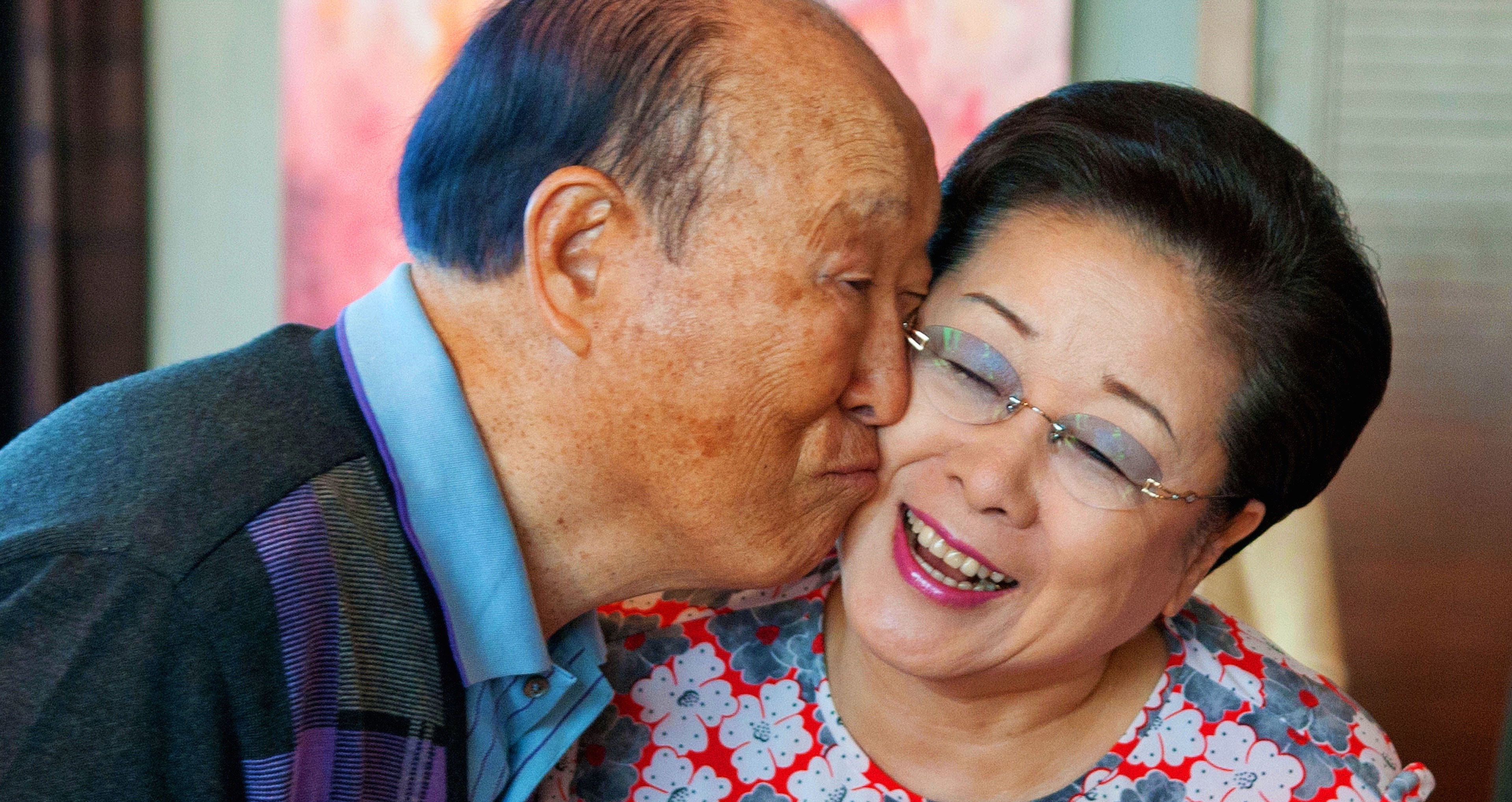
Gifts We Can Give Our Children: Sharing Control
By Myrna Lapres at coachmyrna.org
Control is a basic human need. All of us fight to gain power and feel in control of our lives. Most parents first experience this power struggle with their child around two years old. From this young age, children begin to establish their own individuality, recognizing themselves as separate from their parents and the world around them. Although this is a necessary process of learning to make decisions for themselves and exert their own will and authority, these can be trying times for us parents. Often a battle of wills begins that lasts throughout childhood and the teen years.
Parents can turn these difficult times into opportunities for growth. Instead of viewing children’s willful behavior as “bad” and reacting in a way that overpowers the child, we can view this as a healthy positive sign of our child’s development and find ways to empower him.
One way to do this is to offer choices instead of making statements or giving commands. Every choice you give becomes a “deposit” into your child’s sense of healthy control. Even when the choices seem small or a bit silly, they can be very powerful. The more choices parents give, the more chance of having cooperative kids.
Some basic guidelines are:
- Never give a choice that you don’t like or doesn’t fit your value system
- Give only two choices (ie. red or green shirt, orange or apple juice)
- The child has 10 seconds to decide or you matter-of-factly make the decision
As needed, the parent can say, “Didn’t I give you a lot of choices today? This time, it’s my turn to decide. Thanks for understanding.”
For example, instead of asking your two-year-old if they are ready for a nap, ask, “Do you want to walk to your bed or do you want me to carry you?” If your 18-month-old is resisting a diaper change, ask, “Do you want me to change it on the floor or on the bed?” When it is time to leave the park or a friend’s house, don’t simply say that it is time to go. Prior to your desired departure time, ask your child if she would like to leave now or in 10 minutes.
Sharing control through choices can be effective with older children as well. Some examples of choices include: “Would you like to wear your coat or carry it?” “Are you going to clean the garage or mow the lawn this week?” “Will you have these chores done tomorrow or do you need an extra day to finish them?” “Are you two going to stop bickering or do you want to pay me for having to listen to you?”
Control is like love. The more we give away, the more we get back. Choices gives the child plenty of practice at thinking and solving problems. To discover more about how to apply this in your family, check out my upcoming webinars.






